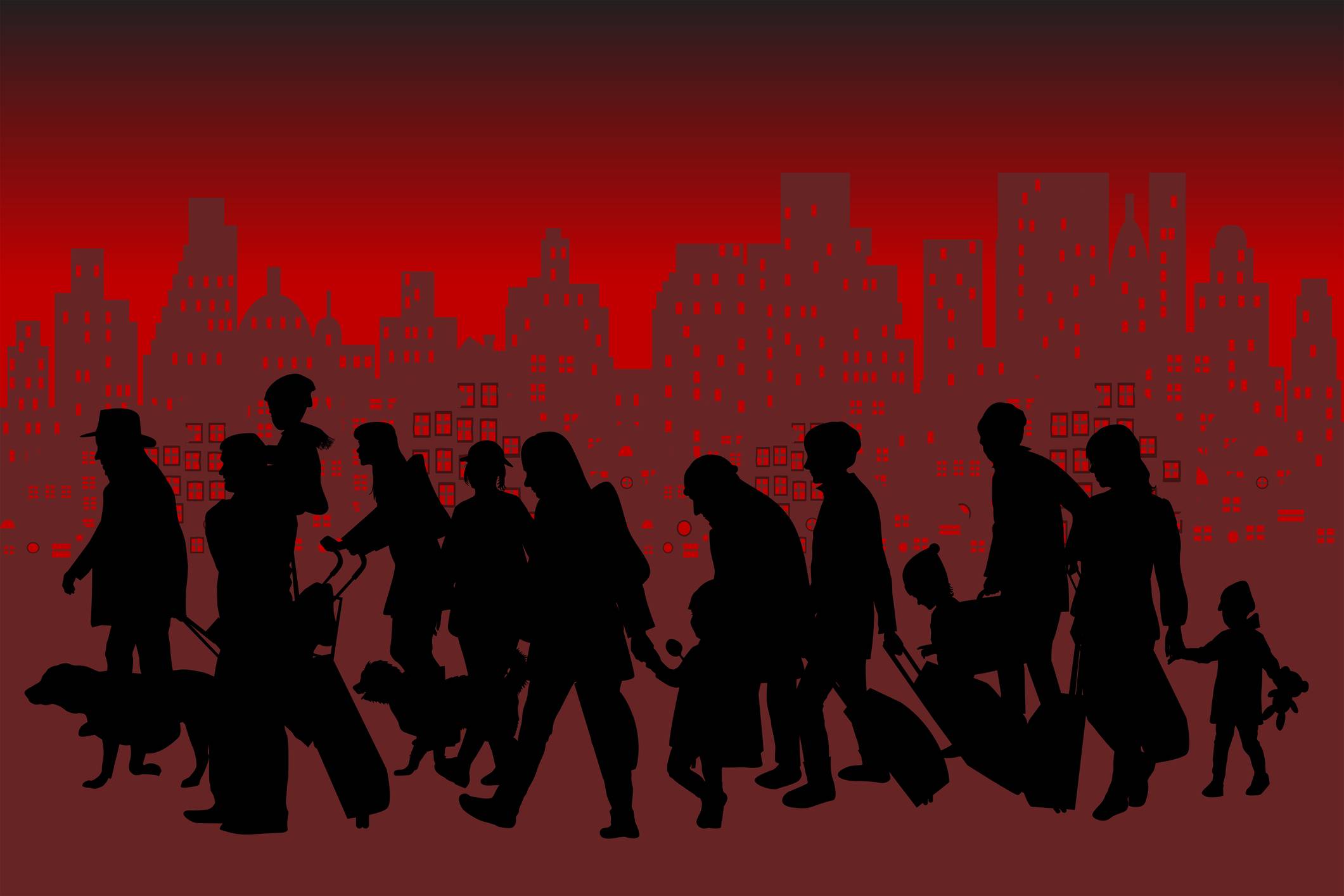June 3 marks the 100th day since Russian President Vladimir Putin ordered his troops to invade Ukraine.
The conflict looks far from over, and analysts and commentators have continued to ponder, この事態からどうやって脱却できるのだろうか (Kono jitai kara dōyatte dakkyaku dekiru no darō ka, How can [we] get out of this situation)?
There is no clear answer, and 専門家はロシアのウクライナ侵攻の長期化を 懸念している (senmonka wa Roshia no Ukuraina shinkō no chōkika o kenen shite-iru, experts are concerned about a prolonged Russian invasion of Ukraine).


















With your current subscription plan you can comment on stories. However, before writing your first comment, please create a display name in the Profile section of your subscriber account page.